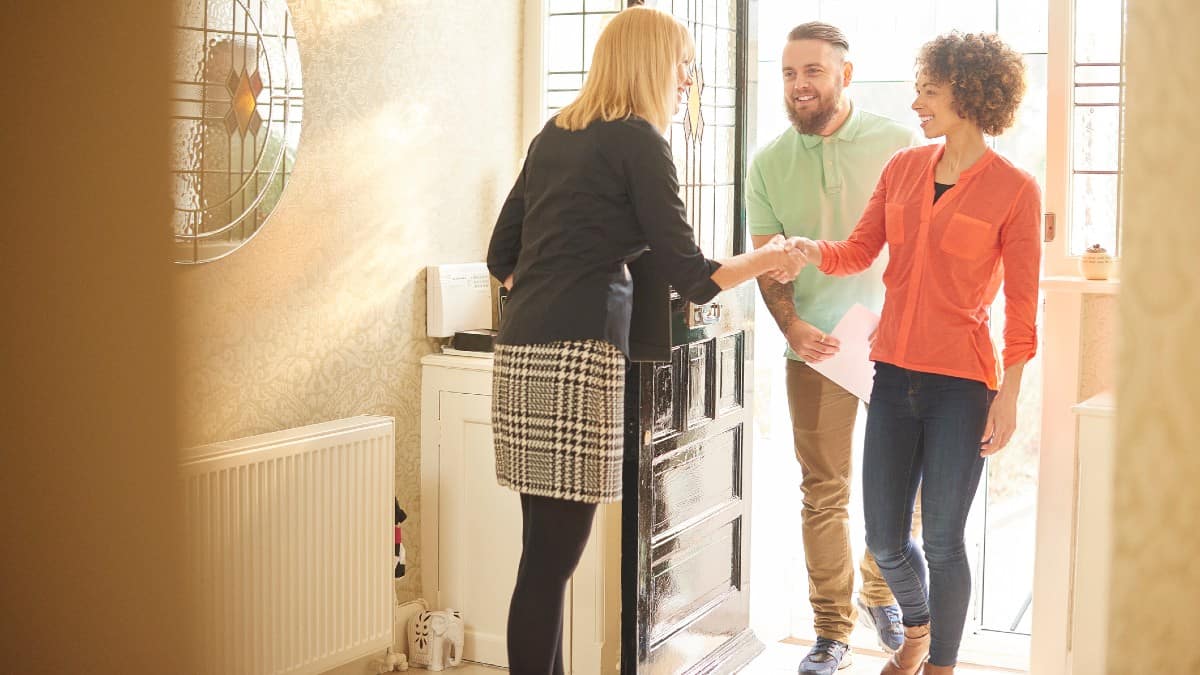The housing market has been hot property (pun intended) in the past few months. The latest figures from the ONS show that house prices were up 10% in the year to May 2021, the highest annual price growth in almost 14 years.
But is this as good as it gets? Or is there more to come? Let’s take a look.
[top_pitch]
Have house prices peaked?
One of the biggest surprises of the pandemic has been the upturn in the housing market. A combination of the stamp duty holiday, low interest rates and buyers wanting a lifestyle change has led to house prices reaching levels last seen over a decade ago.
In May, the average house price was just under £255,000. All in all, house prices are £23,000 higher than they were a year ago.
But as we wave goodbye to the stamp duty holiday, should we expect house prices to fall?
Sarah Coles, personal finance analyst at Hargreaves Lansdown, doesn’t think it will be a significant decline. She explains, “We’re not expecting precipitous falls, but rises are unlikely to be steep in the coming months.”
Is this as good as it gets?
While some homeowners may miss the boost to the value of their properties, a levelling out of house prices is likely to be a relief for most buyers.
As the impact of the end of the stamp duty holiday starts to filter into the market, we are likely to see month-on-month prices dropping. However, annual growth is expected to remain strong. A shortage of properties and ultra-low mortgage rates are predicted to shore up prices for a bit longer.
Added to this, there is no anticipated shock to the system. Things like interest rate rises, unemployment or recession can pull house prices down. But none of these are forecast for the foreseeable future.
Having said that, coronavirus likes to keep us on our toes. New variants or a derailment of the UK’s economic recovery could impact prices. But for now, Sarah Coles is “expecting rises to ease and property sales to slow rather than anything dramatic”.
[middle_pitch]
Is now the right time to buy?
Buying a house is a purely personal decision. There are lots of factors involved, including how much deposit you have, whether you can afford the moving costs and how steady your income is.
The full stamp duty tax break is no longer on the table, but there is a tapered extension until 30 September 2021. If the housing market cools slightly as a result, then we may see house prices level off.
There are also increasing numbers of competitive mortgage deals available. The Bank of England’s decision to keep interest rates low and a continued improvement in the economy will help to feed low-rate mortgage deals into the market.
If you are saving towards a deposit for your first home, then you could consider a Lifetime ISA for the first £4,000 of your savings each year. The government will top this up by 25%, so you could receive a £1,000 bonus each year towards your property purchase.
